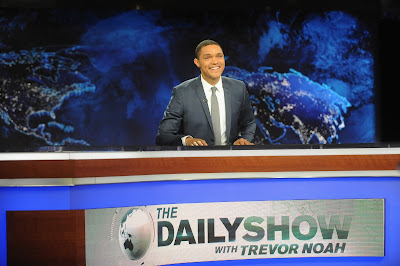*Update: Fixed an actor's name.*
Ah, the
time-honored genre film/show trap of going “too big.” Obviously, fans love flash and exciting
moments, but they also love compelling stories and strong character
development. This movie trades too
heavily in the former at the expense of the latter (premise spoilers.)
Two
main plots here. In the world at large,
society has been rocked by news of a medical breakthrough, a “mutant
cure.” Opinion is divided as to whether
the cure is a gift to make mutants “normal” and end their oppression, or a
threat to their right to exist as unique, powered individuals. Meanwhile, on a more personal note, Professor
X introduces Wolverine to a long-buried blast from the past. Jean’s tremendously powerful, highly unstable
alter personality from adolescence, Phoenix, has reemerged and is leaving a
trail of destruction in her wake. The
X-Men have a duty to stop her, but at what cost? (If you’re wondering how these two storylines
come together, it involves a certain silver-haired mutant supremacist who can
manipulate metal.)
In
essence, there’s a lot thrown in the pot here that doesn’t get much time to
actually develop. The mutant cure idea
is an interesting one, but the main characters are so busy dealing with Phoenix
that we see little of the issue from their perspectives. Speaking of Phoenix – I don’t know what she’s
like in the comics, but here, she feels like a lazy depiction of a suped-up
“evil” twin/split personality, complete with stone-cold sociopathy and
increased sexual aggressiveness (seriously, guys?) Most of this story is from Wolverine’s
viewpoint. We don’t get much of a
glimpse into the mind of Phoenix herself (or Jean, who’s still in there,) and
due to plot developments, we also don’t get much of her with Professor X, whose
history with the character has potential.
Characters
are similarly wasted. Some are discarded
in service of the plot, and others don’t get the chance to resolve the stories
set up for them in the last film. And
that’s just the characters we already know.
A large part of the film’s “too bigness” is the ridiculous number of new mutants it introduces apropos of mostly
nothing. There are huge swathes of new
characters brought in, but for the most part, we don’t get to know any of
them. They’re cool mutant powers that
can walk and talk, but they’re not really people. Movies with comic-book craziness going on
need grounding moments, and we’re short on those here.
Plenty
of new cast members, a number of whom are good for “hey, look!” moments
(though, for many, it’s less “hey, it’s that guy!” and more “hey, they were in X-Men before they did
_____________?”) Most prominently, we
have Kelsey Grammer in a nice turn as Beast, and Elliot Page appears as Kitty,
even getting a new moments of actual cool.
Minor roles are filled, variously, by Ben Foster (Russell from Six Feet Under,)Vinnie Jones (Gareth from
Galavant,) Dania Ramirez (Maya from Heroes,) and Ken Leung (Miles from Lost – love him!)
Warnings
Comic
book violence, language, and sexual content (including naked Mystique.)




